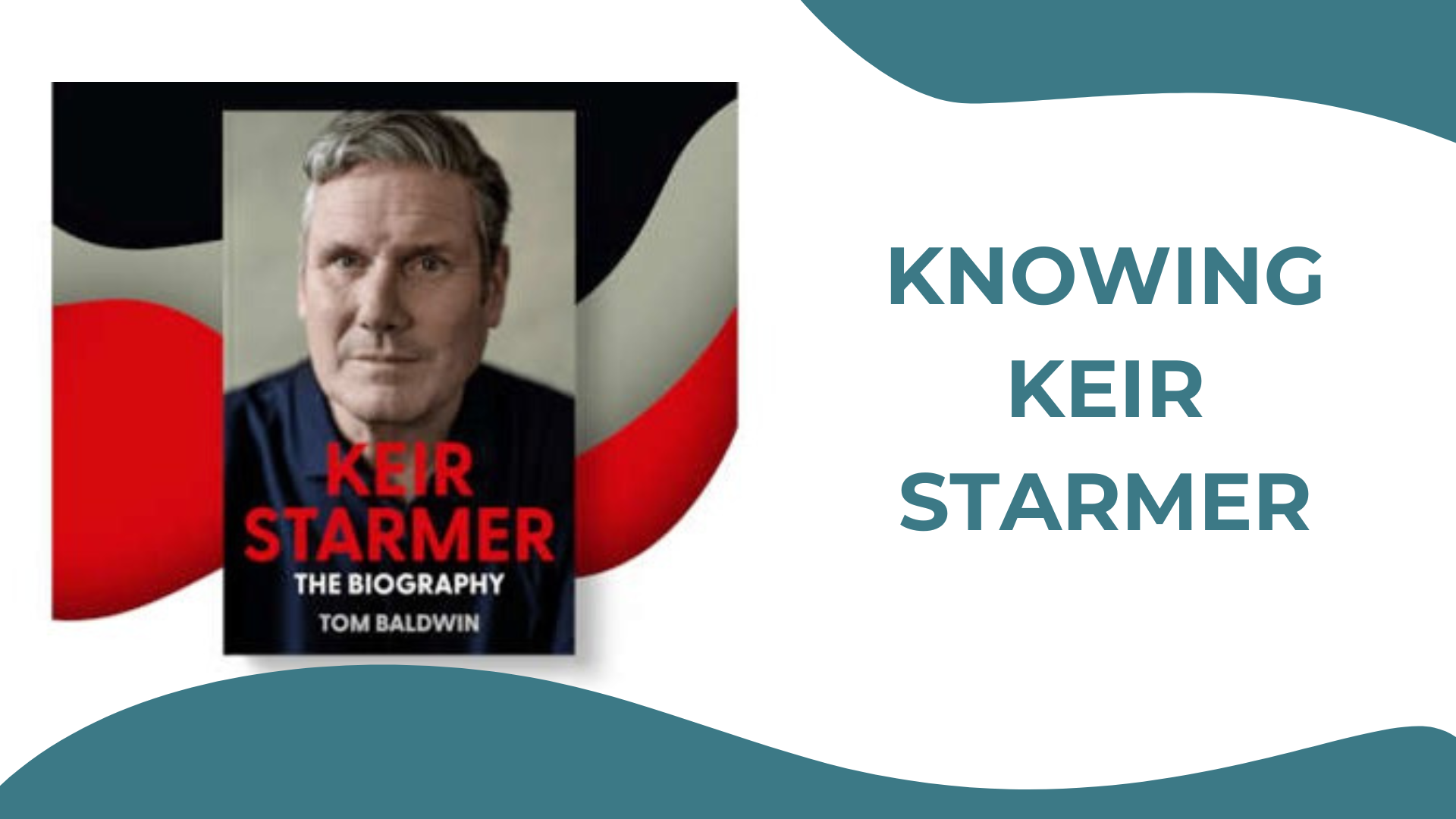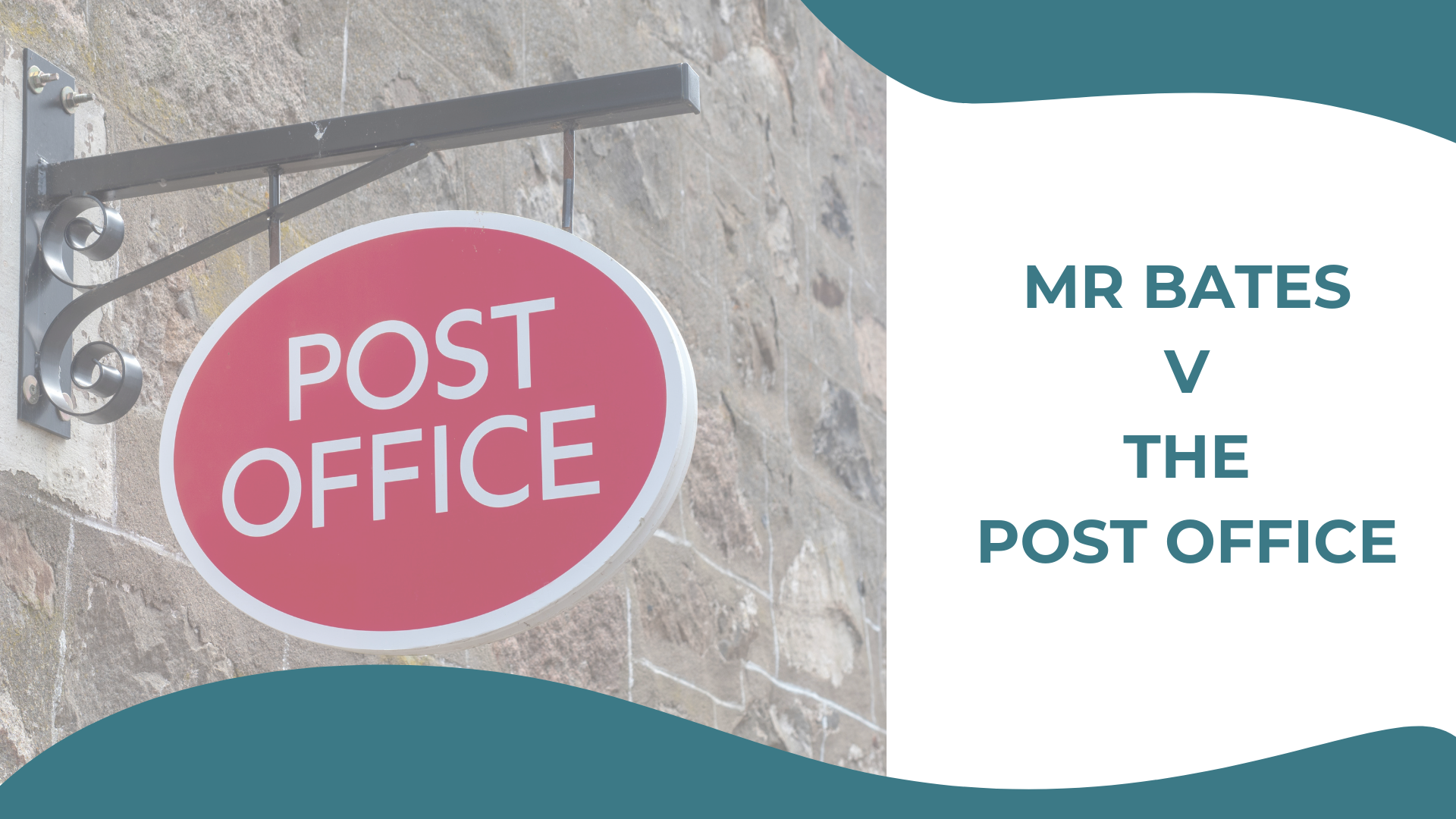Throughout the Covid-19 pandemic, we have seen excellent examples of people removing barriers to get things done at pace. Test centres have appeared out of nowhere. Make-shift hospitals have been built from scratch. Thousands of volunteers have been recruited locally and nationally to provide services to the elderly and frail. What has intrigued us is to discover what lessons we can all learn from these seemingly impossible tasks being accomplished so quickly.
Our curiosity led us to get in touch with Daniel Wallner. Daniel works in cloud architecture and data engineering and was set one of these ‘mission impossible’ assignments. Sponsored by the European Commission, his mission was to design and build the infrastructure for an EU-wide hackathon event that would bring together people to collaborate in finding solutions to the challenges of the COVID-19 crisis. Just to make his mission more interesting, the infrastructure needed to be built at break-neck speed and eventually needed to support the involvement of 21,000 participants instead of the hundreds initially anticipated.
Held in April 2020, the hackathon was a huge success. Participation of 21,000 people far exceeded expectations. More importantly, scientists, innovators, developers, entrepreneurs and others from across Europe are now working on over 2000 collaborative projects that emerged from this hackathon to address the challenges of COVID-19.
Within the space of a few weeks, Daniel was party and witness to how just a small group of volunteers could become a large and effective multi-nation ad-hoc organisation.
So what were the key ingredients that fuelled this success? Here are three that Daniel identified that we could all take on board:
- Having a shared purpose
Finding solutions to defeat the virus was the common purpose of all participants and commitment to this ultimate goal powered all activities. Volunteers effectively self-organized into project teams. Responsibilities and roles were defined in dialogue with each other. Decisions were taken on a pragmatic, democratic basis. If conflict arose, a simple vote was taken. Energising around a shared purpose meant that self-interest and egos were subdued. Having a common shared purpose also helped Daniel as the project leader to make tough decisions. As an example, as more and more people wanted to join the team he eventually decided to turn people away. In his judgement engaging more people on the team would not have served the common cause well.
- Good communication prevents silo working:
In times of uncertainty, regular communication keeps people connected, focused on the shared purpose and able to work through issues together. Good communication is instrumental in ensuring silo working does not develop and that collaboration prevails. An example of how this was achieved was to take the idea of the daily stand-up meeting into the virtual world to provide time and space for good inter-team communication.
- Importance of making time to discuss personal issues:
Although this work was achieved at pace and there was a real sense of urgency in mobilising effort to tackle the COVID-19 challenges, time was set aside for people to come to know each other and discuss personal issues. Daniel noticed how important this focus on people and process, as well as discussing the task at hand, helped to build trust quickly amongst people who had never met each other before this event. Investing in getting relationships right laid strong foundations in getting the tasks done.
If you would like to view the full interview with Daniel you can watch it here.
In normal circumstances, a brief to organise a hackathon for 20,000+ strangers with multiple interests from nearly 30 countries would have taken many months not weeks. When we asked Daniel what was the single most important lever that enabled him to make the seemingly impossible possible, he said it was having a shared purpose.
Shared purpose is always our starting point when we work with teams or groups: what are we here to do together? With a clear shared purpose, people can achieve so much. Some questions to think about for your organisations and teams:
- How much time have you spent with your team discussing your shared purpose? Is everyone in your team on the same page?
- When you reflect on when teams are at their best in your organisation, what is the stand-out lever that mobilises and challenges energy into purposeful outcomes?
At Mightywaters we coach teams and groups to help them improve the way they work. Whether your team challenges are about re-energising around a shared purpose; identifying and embedding learning from lockdown; teaming well in the virtual world or other matters, you can book a free 30-minute consultation to explore your opportunities with us.
We hope you find this helpful. Please let us know what you think of this article. If you found it helpful, please share it with colleagues and others in your network.




